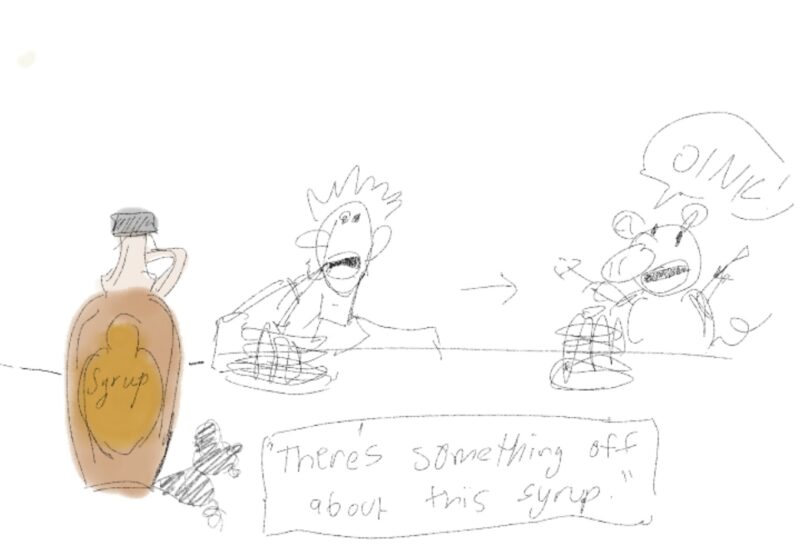In celebration of Earth Day, UR’s Grassroots has traditionally organized an annual “EarthFest” to raise awareness and encourage students to be more environmentally conscious.
This year’s theme is entitled, “Project 365: What Can You Do Everyday?” Incorporating a more uplifting message compared to those used in past years, EarthFest 2013 exemplifies the feel-good environmentalism that has propelled the laziness we see in today’s quest to go green.
Rather than questioning the scientific premises of their actions, student groups have, instead, used the veil of “science” while claiming the moral high ground. Daring to question the efficacy of municipal solid waste recycling amongst campus groups is not only unfashionable, but heresy.
Earlier this week, EarthFest hosted a Zero-Waste Dinner without once engaging in a discussion on the science and economics of waste. Implicit in the message of this event is a supposed landfill crisis, but this imagined crisis is far from becoming a reality. Though the number of landfills has decreased, the National Solid Waste Management Association has noted that landfill capacity has vastly increased relative to demand. The fact that disposal costs have failed to keep up with inflation is evidence that a crisis in landfills does not exist. What’s more, the event failed to answer the question of waste. Is waste inherently bad? What deems one activity wasteful and another not? Does pointing to the lack of trash or the increase in recycling evidence a decrease in emissions? Are the incentives to minimize waste intact? This is certainly the case if we look at packaging. The historical thickness and weight of grocery bags, trash bags, milk jugs, and aluminum cans have drastically decreased. Indeed, the incentive to reduce waste is strong.
“Local Foods Week” perpetuates similar misinformation. Locavores consistently ignore productivity differences in location of production and the benefits of specialization and comparative advantage. Regarding travel expenses, the transportation of food accounts for just 4 percent of its lifetime emissions, while the production of food accounts for the majority of its emissions. Local food is trendy, but this is no excuse for shortsightedness.
What’s even more troubling is the rhetoric used by environmental activists both on and off-campus — it’s far from innocent. The message being preached by environmentalists is that people are the disease. You need not look further than the work of Bill McKibben to see the true sentiments of the environmental movement. We pollute, we waste, we destroy, and therefore, we are the problem. For example, despite lifting millions around the world from starvation, the agricultural advancements made during the Green Revolution continue to be frowned upon by modern environmental activists. Ironically, the high-yielding seeds and practices developed from the Green Revolution have likely saved thousands of acres of forests from being cleared.
More recently, Greenpeace’s protest of “golden rice” — a genetically-modified product that produces beta-carotene (a precursor to vitamin A) — is perpetuating 1 to 2 million annual deaths from vitamin A deficiency. Where are the sources of opposition against genetically modified (GM) foods coming from, given the minimal evidence illustrating the harm of GM foods on our health and the environment. For a group that uses “science” to support its actions, this is highly ironic to say the least.
Relegating serious environmental issues to “feel-good” activism is a slap in the face for those interested in finding real solutions to our environmental problems.
Still, there are many things to be optimistic about. Malnutrition is at an all-time low; access to clean water and sanitation is at an all-time high; and global life expectancy has continued to rise. Almost every measure of human well-being has improved and so has environmental quality.
“Expression Walls” and “Zero-Waste Dinners” are certainly en vogue, but let’s not use this as a replacement for rigorous scientific inquiry.
Yuwono is a member of the class of 2014.






